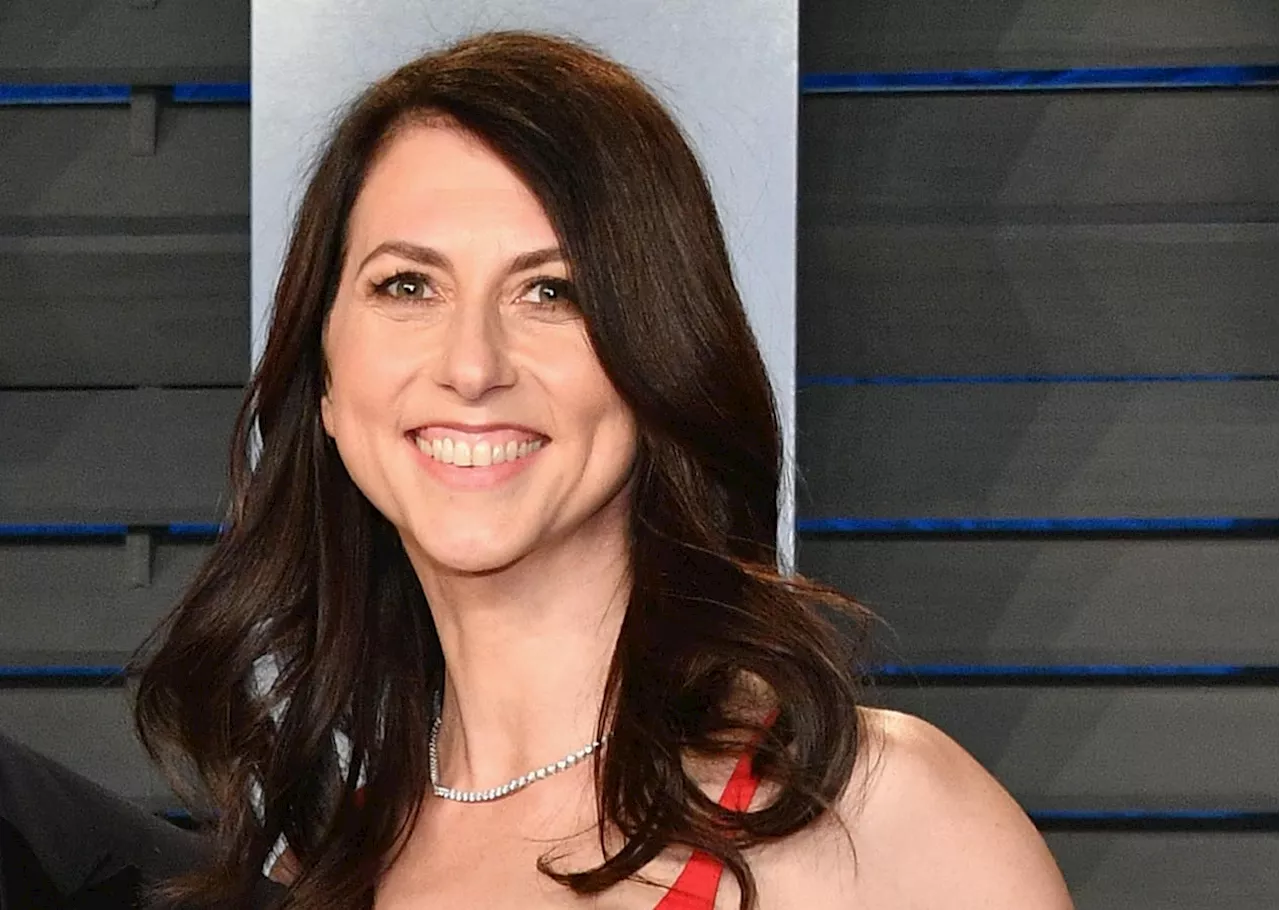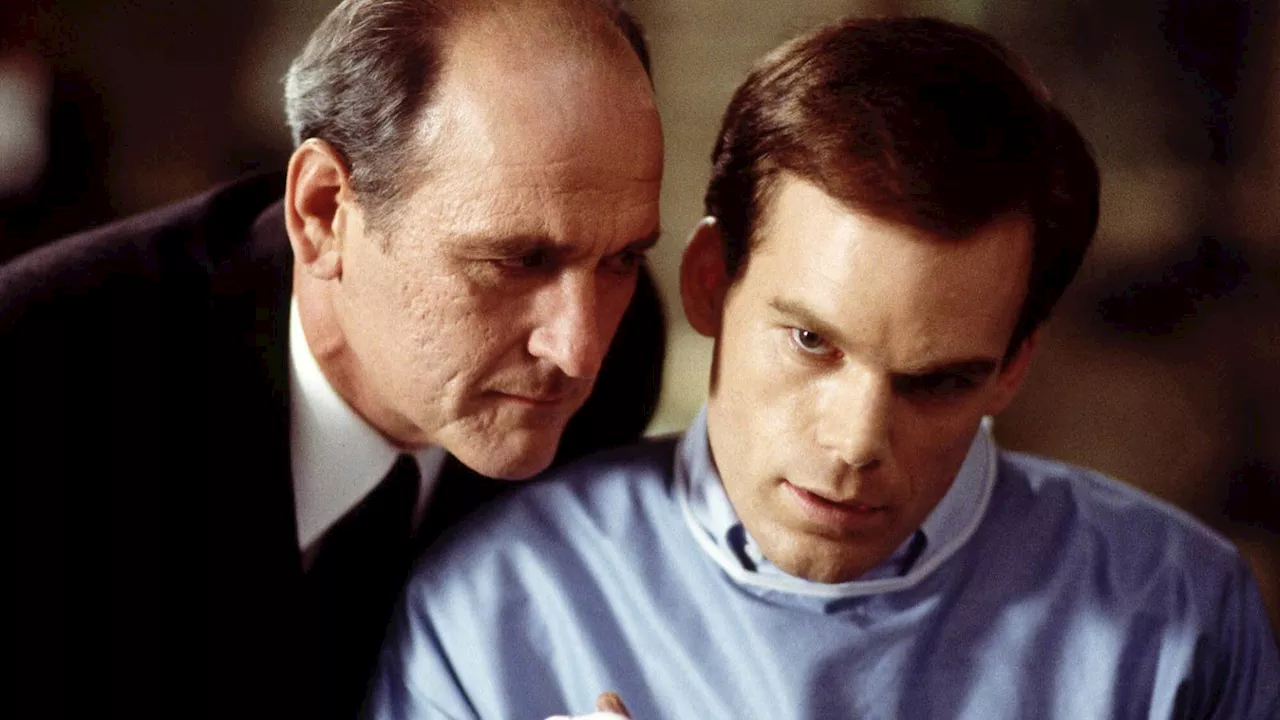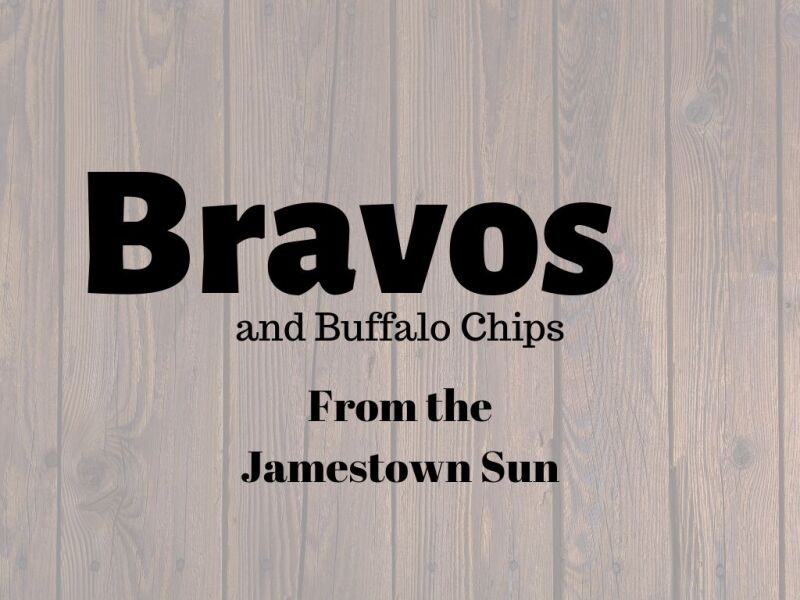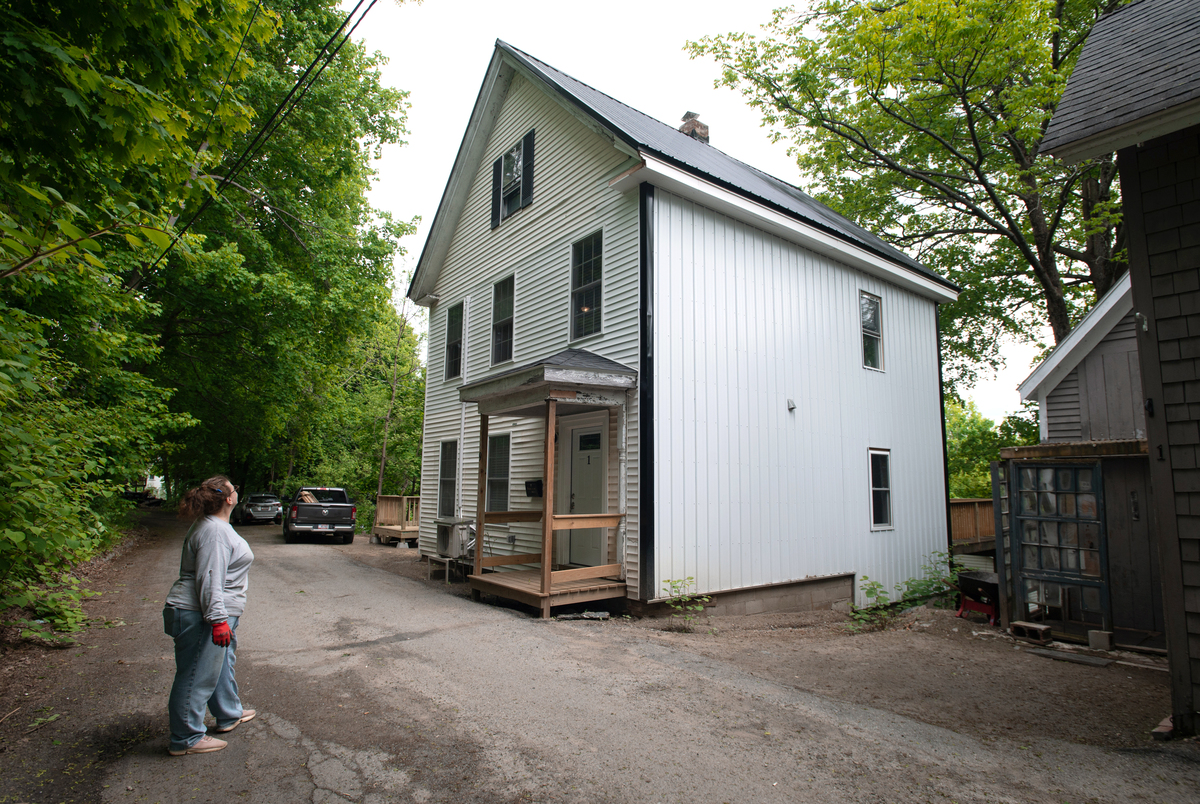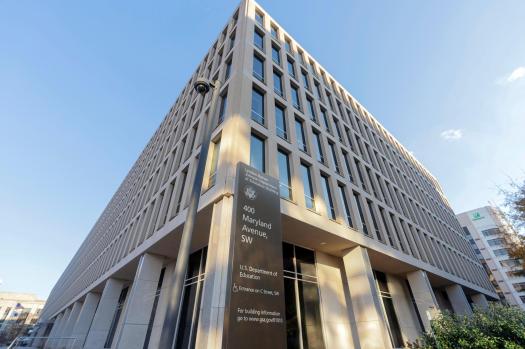Philanthropy continues to play a significant role in supporting historically Black colleges and universities (HBCUs), with billionaire donations exceeding $1 billion in recent years. A notable recent contribution is from billionaire philanthropist MacKenzie Scott, who announced an unrestricted gift of $80 million to Howard University. This donation is part of a broader trend among affluent individuals to support these institutions, although it is not the largest donation to HBCUs to date.
In September 2023, Huston-Tillotson University in Austin, Texas, received the largest single donation to an HBCU, amounting to $150 million from a family foundation established by the late financier William Lewis Moody Jr.. This funding aims to enhance student living conditions and academic resources, demonstrating the growing recognition of the needs of these institutions.
Scott’s recent donation to Howard follows previous contributions of $40 million in 2020 and $12 million in 2023, making her support crucial for the university’s ongoing initiatives. Howard’s interim president, Wayne A. I. Frederick, emphasized the impact of such contributions, stating, “We’re providing opportunities to people who might not otherwise have access to higher education. You’re not just changing their lives; you’re often helping create generational wealth and opportunities for families who have never had that access before.”
Another significant contributor, Robert F. Smith, gained national attention in 2019 when he pledged to pay off the student loan debt for the entire graduating class of Morehouse College. He is also expanding an initiative that provides loans of up to $20,000 per year to students at over 70 HBCUs and minority-serving institutions. This initiative aims to alleviate the financial burdens faced by students.
In 2021, both Michael Jordan and Jay-Z made notable contributions to HBCUs. Jordan, through his charitable efforts, has consistently supported educational initiatives, while Jay-Z’s philanthropic work has included the establishment of scholarships for students at several HBCUs. Oprah Winfrey is another early supporter, having made her first donation of $12 million to Morehouse College in 1989, with additional contributions over the years.
The financial disparities between HBCUs and predominantly white institutions remain stark. In 2021, the endowments of public HBCUs stood at approximately 50% of their public non-HBCU counterparts. This divide is more pronounced at private schools, where the average endowment per full-time student at HBCUs is about one-fifth that of private non-HBCUs. Despite these challenges, the recent wave of billionaire donations signals a growing commitment to support the educational needs of HBCUs.
Moreover, Michael Bloomberg, the former mayor of New York City, has also contributed significantly to HBCUs. His charity pledged $600 million for the endowments of four historically Black medical schools, including Howard University College of Medicine. This funding aims to enhance educational opportunities for future medical professionals from underrepresented backgrounds.
The financial contributions from these billionaires are not just about money; they represent a shift in the narrative surrounding HBCUs. The donations help fund essential programs, scholarships, and infrastructure improvements, ultimately aiming to provide students with better educational experiences and outcomes. As Melva K. Wallace, president of Huston-Tillotson, noted, “Some of the dollars that have been flowing to HBCUs have been going to state-supported schools, and that’s really great. But you have small private institutions who have been plugging along and doing the work for over 150 years like HT. That money could really transform the lives of students who desire a liberal arts education.”
The collective efforts of philanthropists to support HBCUs reflect a broader recognition of the importance of these institutions in providing quality education and fostering diversity in higher education. As these donations continue to make headlines, the potential for HBCUs to thrive and expand their impact grows stronger.

